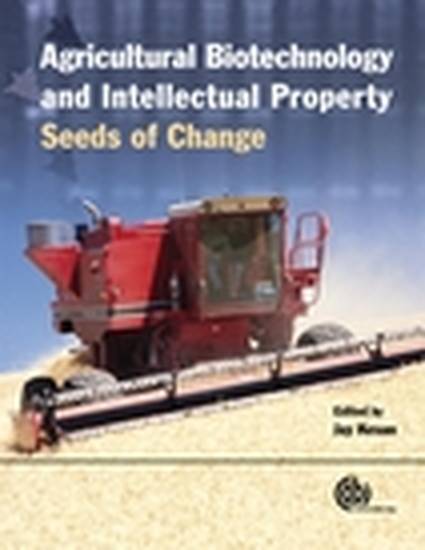
This chapter discusses possible ways to maximize the benefits that developing countries can gain from plant variety protection (PVP). In setting forth its argument, the chapter examines plant breeders' rights (PBRs) in developing countries in light of TRIPS and the International Union for the Protection of New Varieties of Plants (UPOV). It is argued that even if PBRs fulfil promised expectations, they can neither benefit the developing nations nor reduce distortions in international trade in goods as long as agricultural subsidies foreclose the markets for the developing country produce. The chapter concludes with three suggestions for developing countries to maximize their benefits from PVP: (1) agricultural liberalization should precede the introduction of PVP; (ii) an exception in public interest should be defined; and (iii) adopting a differential monopoly term depending on the economic development of the country should be considered.
Available at: http://works.bepress.com/srividhya_ragavan/243/
